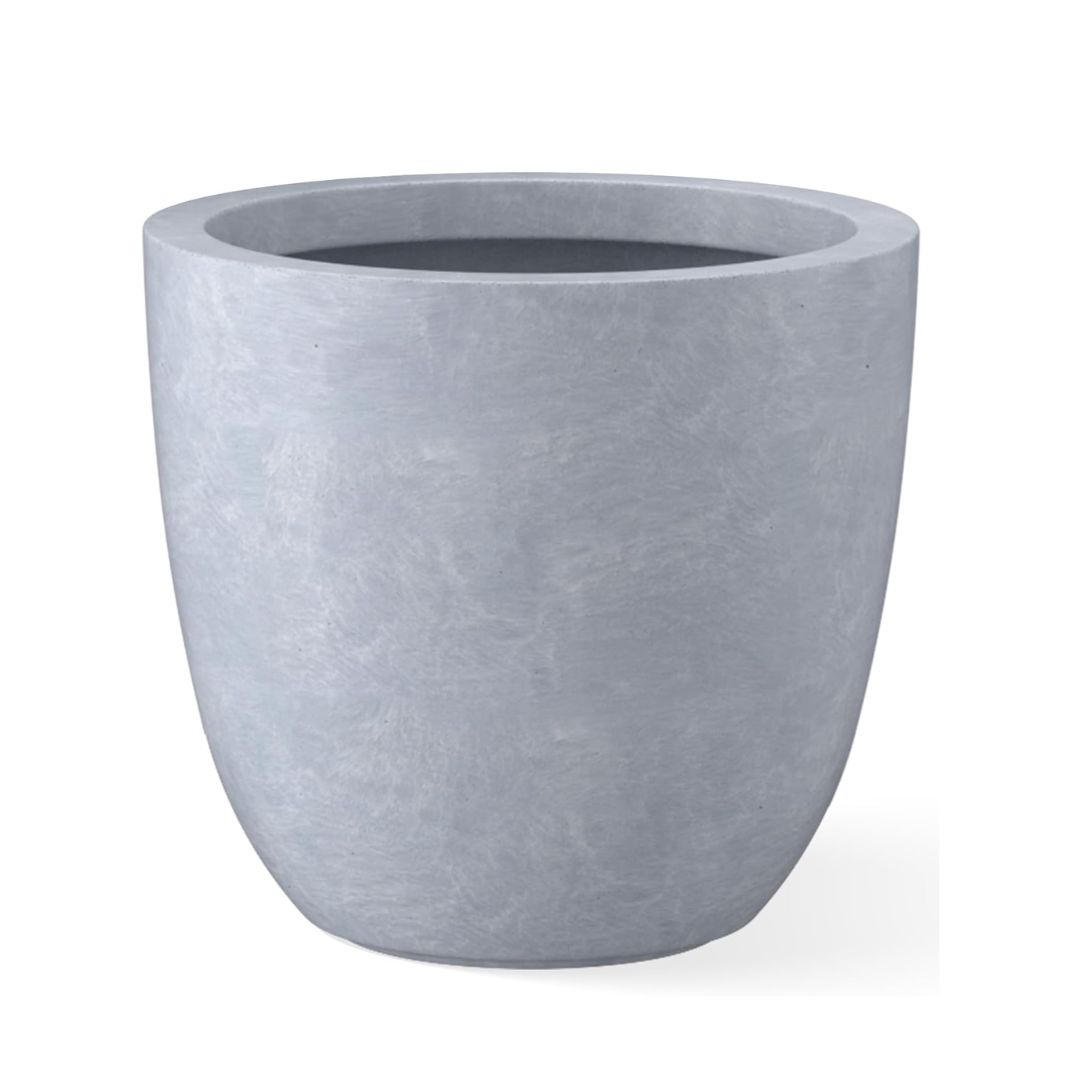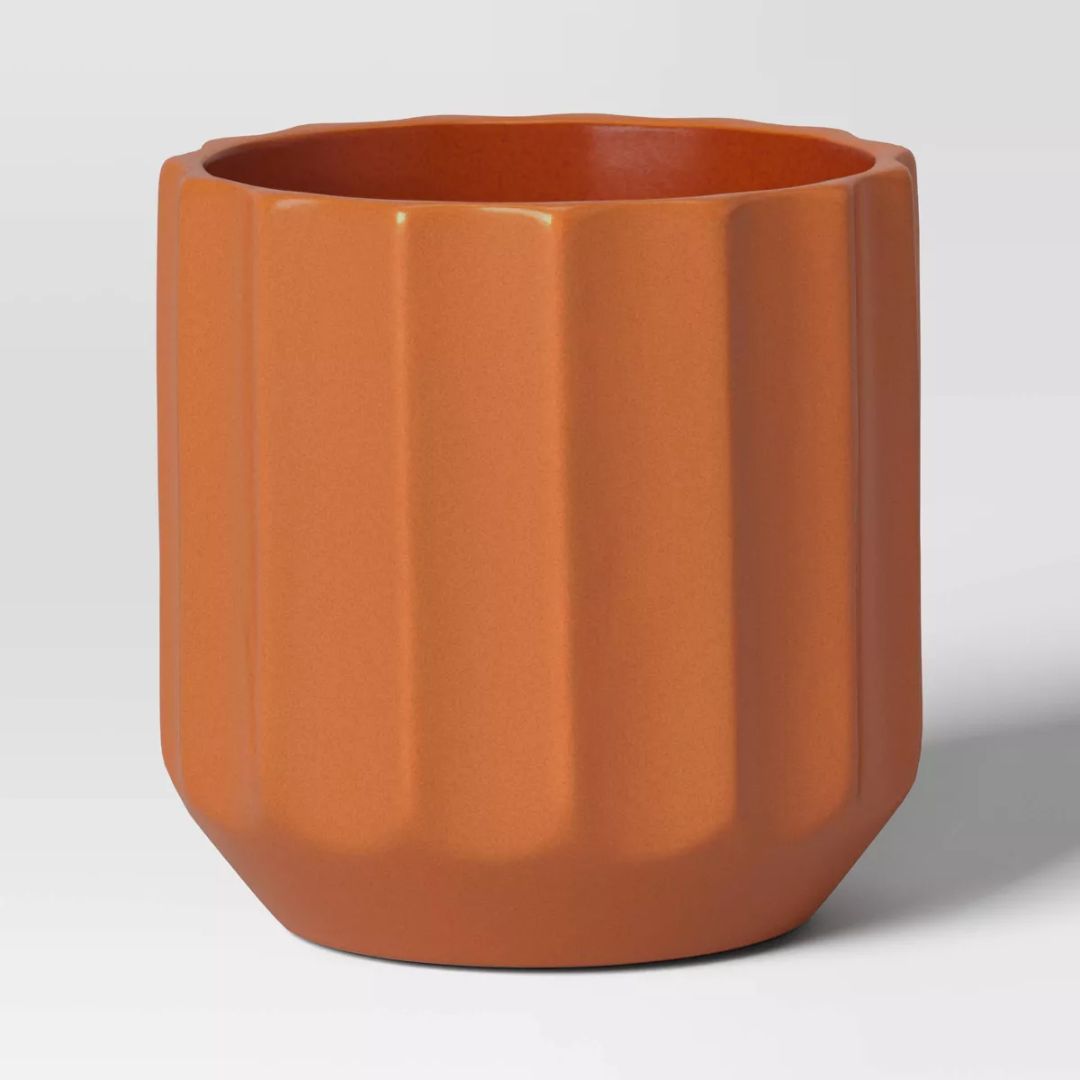10 Tasks to Tackle Today That Will Make Your Backyard Look a Hundred Times Better
Get your backyard summer ready with this checklist of jobs that will make it the space you want to spend all your time in
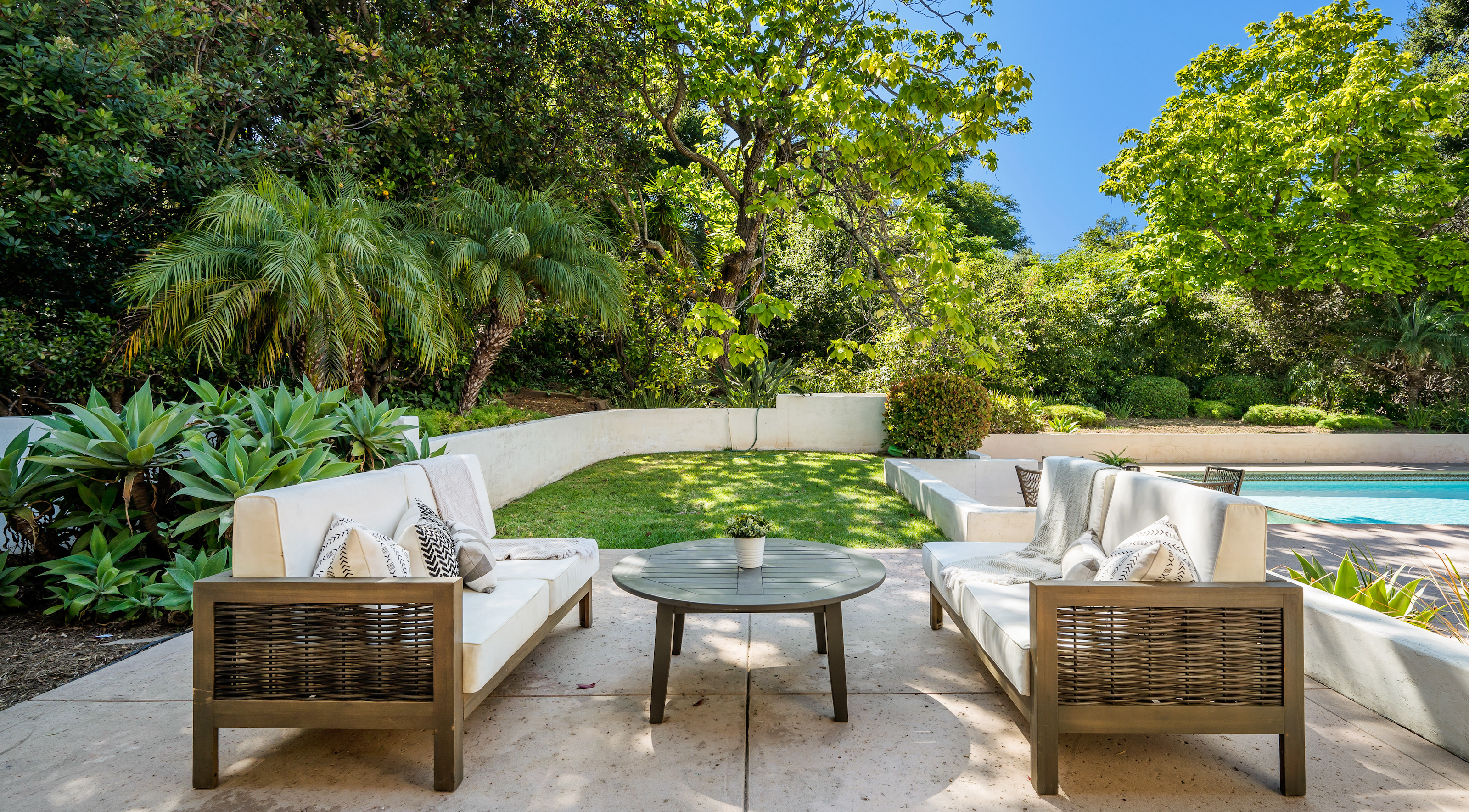
Planning a summer gathering? Or just want to enjoy your outside space? These are 10 tasks to tackle in a weekend that will make your backyard look 100 better. With these odd jobs crossed off the list you can kick back and enjoy the summer sun.
The old adage "many hands make light work" is true, so recruit family, friends and kids to divvy up the work and return your garden to glory.
Prefer to tackle it single-handed? Start early and tackle the tasks in an order that suits, working your way through them to a beautiful backyard to share with family, friends and neighbors.
1. Declutter, tidy up and clean
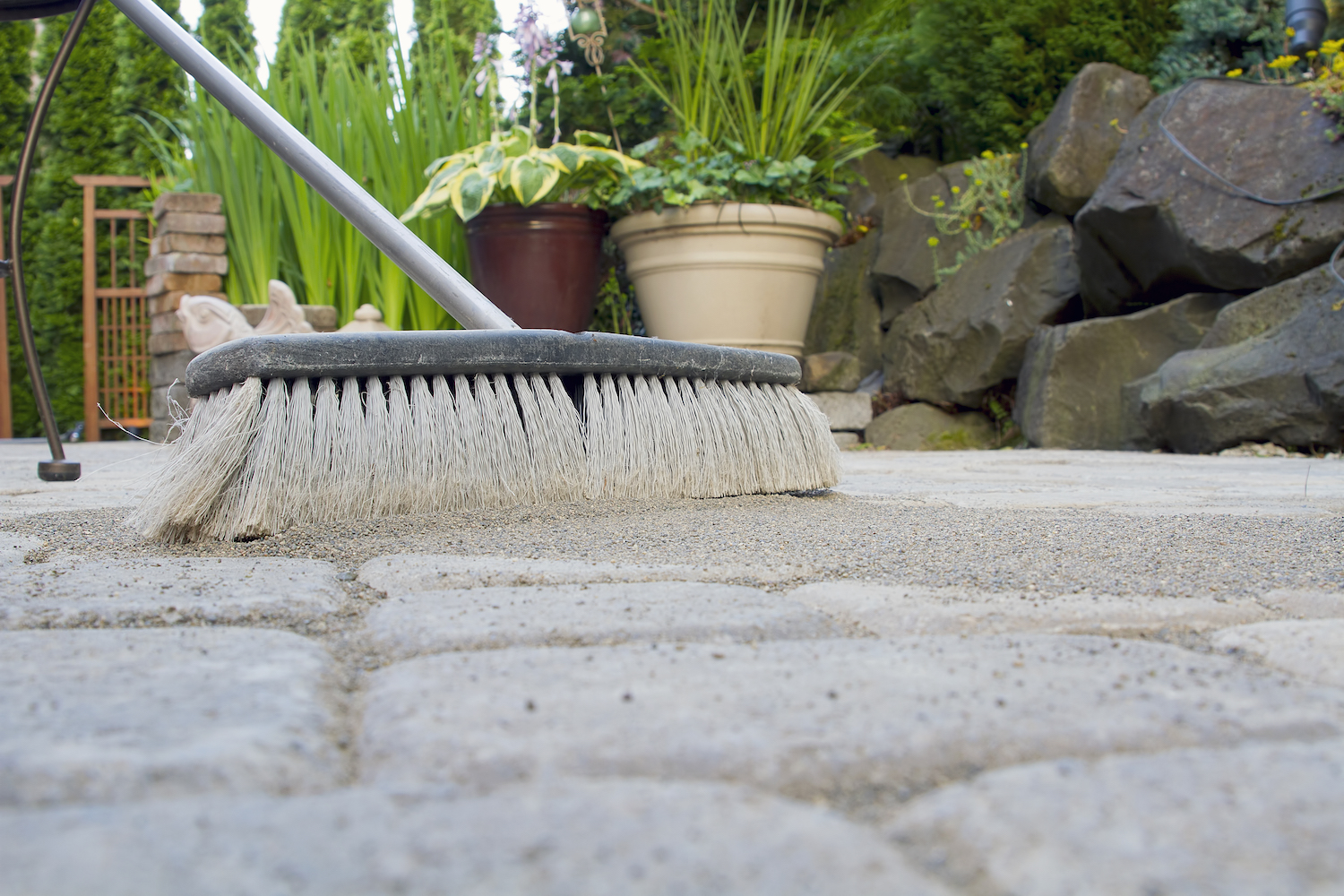
Tidying up makes everything look better, the backyard included. So thoroughly sweep the patio of debris and dirt, place gardening tools back in the shed, throw dead plants on to the compost and put away empty plant pots that are not in use.
Clean outdoor furniture and surfaces by wiping them down with warm water, biodegradable soap and a damp cloth.
'Improving the appearance of your backyard over a weekend requires a combination of planning, prioritization, and efficient execution,' says Phil Catron, president and founder of NaturaLawn® of America.
'Decluttering by removing any debris, old furniture, or unused items and a thorough cleaning by sweeping the patio, clearing cobwebs, and hosing down surfaces will make a big difference to how it looks and feels.'
2. Jetwash the patio or deck and reseal it if necessary
After sweeping, patios and decks usually need a rinse wash down. If you haven't already seen to yours it's time to either jetwash or hose down your patio. Clean water is usually sufficient, however if you prefer soapy water, remember to use biodegradable cleaning products, so as not to pollute the soil or waterways.
'Before washing your deck or patio, inspect it for any signs of damage or wear and tear,' says Phil. 'Repair loose boards, tighten screws, and replace damaged sections as needed. Once it's clean and dry, apply a fresh coat of sealant to protect and enhance the appearance of wood surfaces.'
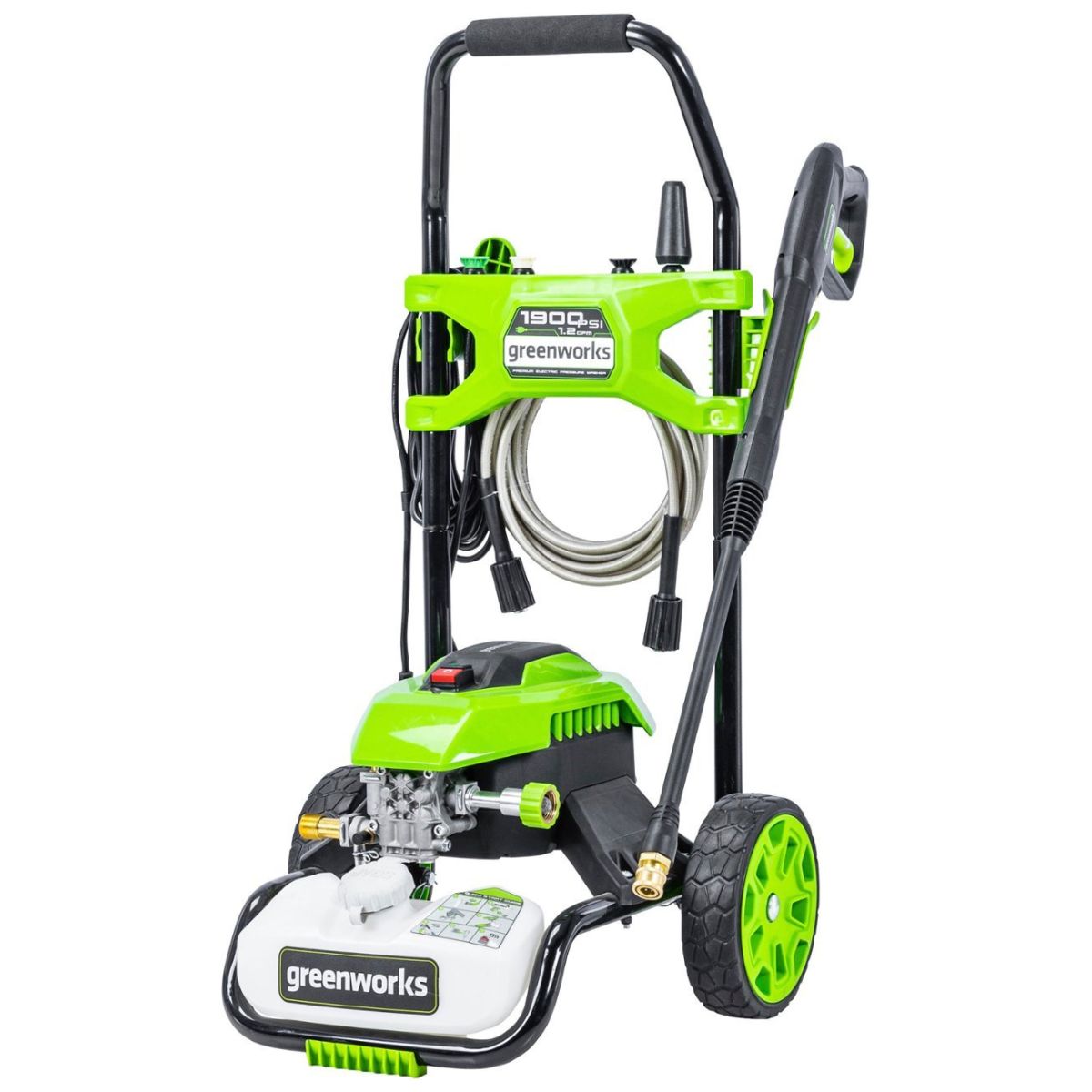
Price: $179.99
This pressure washer has great reviews on the Best Buy website, with an average star rating of 4.6 out of 5.
3. Pull up weeds and mulch flower beds
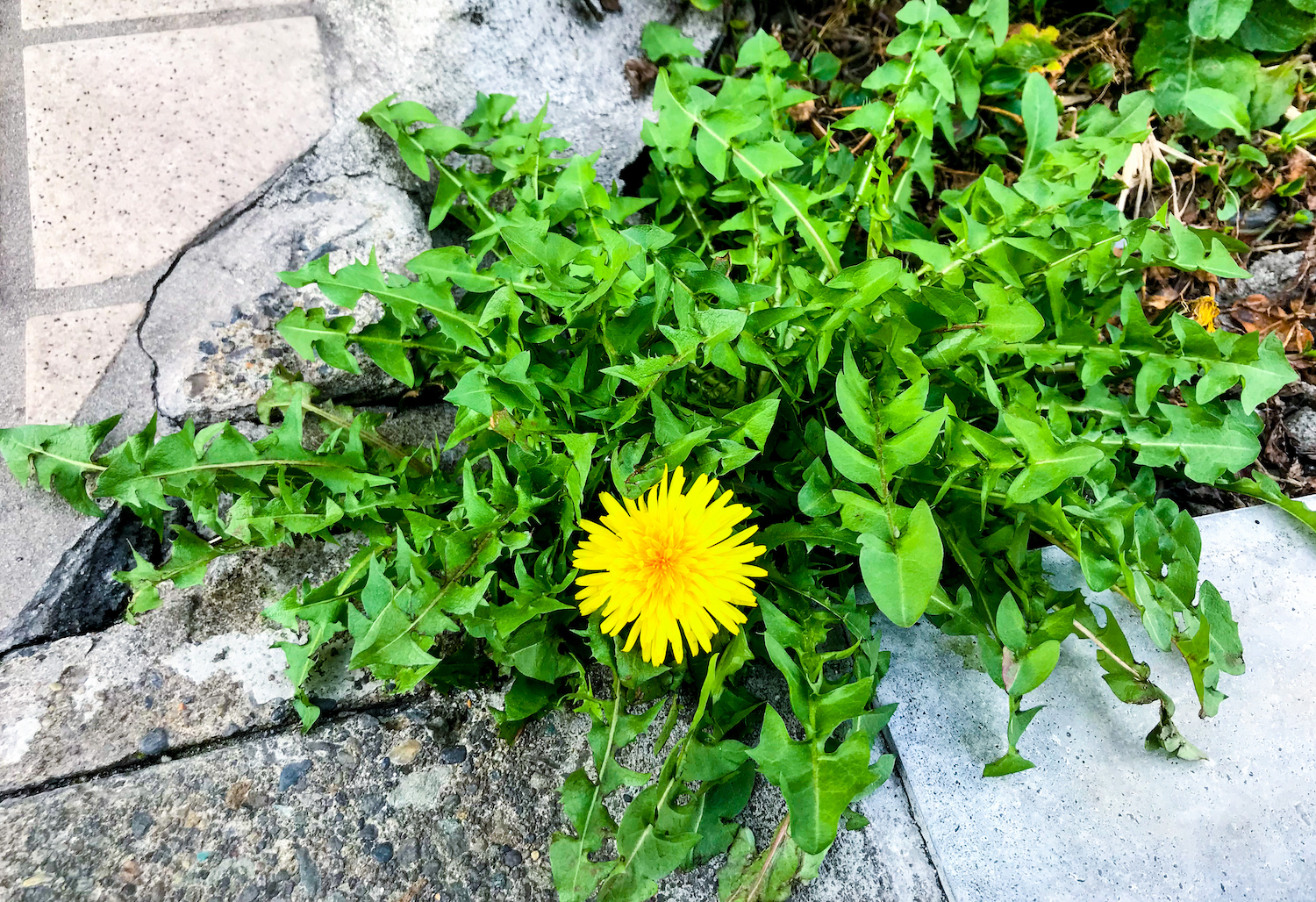
Weeds are opportunist plants that will grow anywhere, from flower beds and vegetable patches to cracks in paving slabs, tiles, decking — you may even need to remove weeds from gravel if your weed membrane has failed. If you don't want them to spread, pull them up when you see them.
'Generally you’ll have two types of weeds in your garden: annual and perennial,' says Charlie Nardozzi, author, New England Month-by-Month Gardening.
'Annual weeds, such as galinsoga and chickweed, have seeds that lie dormant in the soil. When those seeds have enough light and moisture, they germinate. Kill those weeds as they get started by shallowly cultivating the soil around plants with a sharp-bladed hoe.
'Perennial weeds, such as dandelions, quackgrass, and plantain, need to be dug out individually. If you just cut them off at the soil line, they will regrow from their roots.
'Pull these weeds after a rain. This will make it easier to get more of the root system. Don’t compost weeds such as quackgrass because the root pieces will survive and reinfect your garden when you apply the compost.
'After a thorough weeding, mulch flower beds with 1 to 2 inches of an organic material such as bark mulch, wood chips, or straw. Applying fresh mulch to flower beds and around trees suppresses weeds, retains moisture, and enhances the visual appeal of your landscaping,' says Phil Catron. 'Using cedar mulch is also a natural mosquito repellent.'
4. Prune and deadhead shrubs, plants and trees
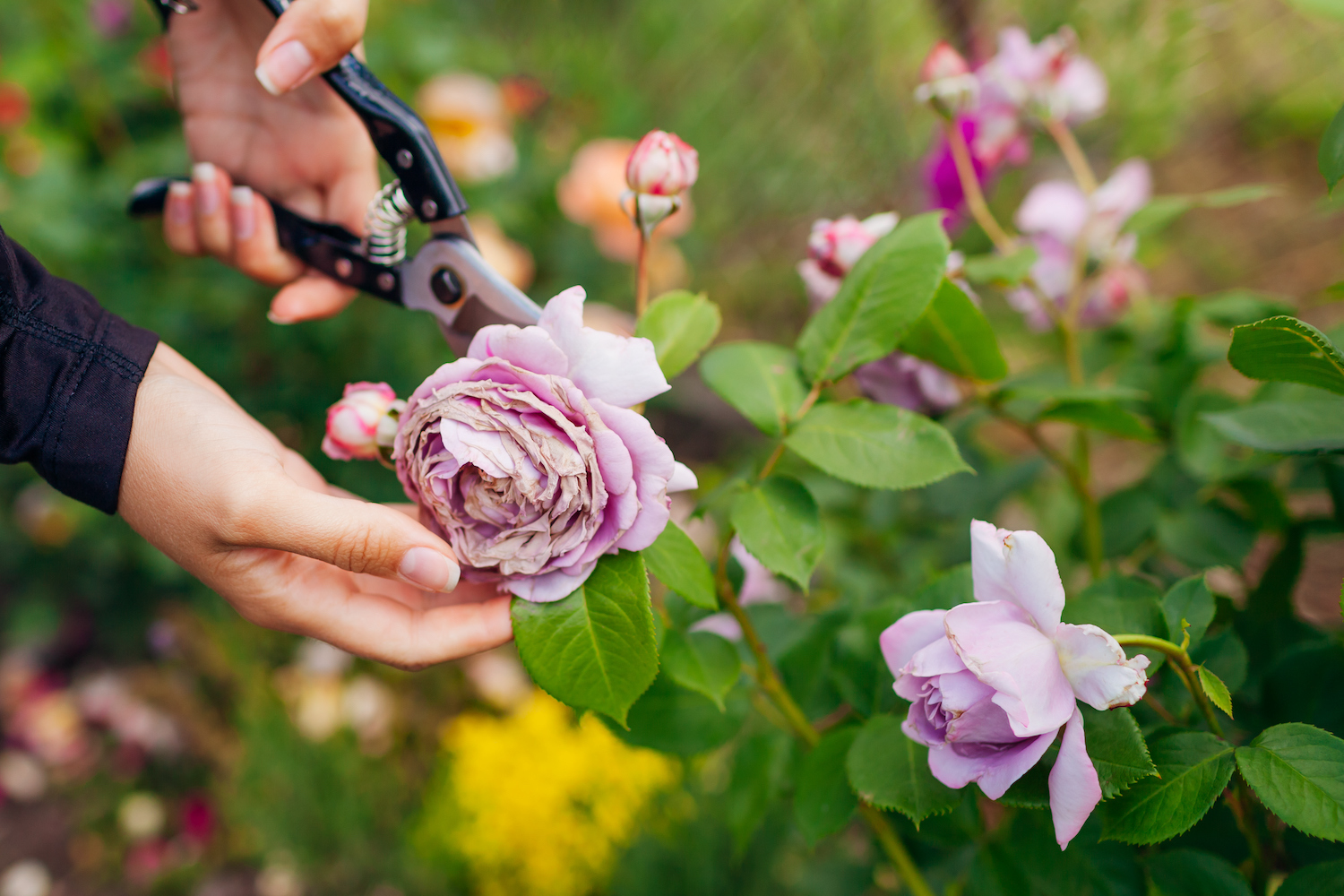
Spent blooms and dropped petals can make your backyard look messy. So keep an eye on shrubs and plants once they've bloomed to see if they need pruning or deadheading.
'Deadheading spent flowers from annuals will keep the garden looking good and encourage more flower formation,' says Charlie Nardozzi. 'To deadhead, pinch the flowers just below the dead blossom. Some newer varieties of annuals are self-cleaning, meaning they drop their own dead flowers and don’t need deadheading.
'Trimming overgrown shrubs, hedges, and trees creates a neat and tidy appearance,' says Phil Catron. 'Remove dead or diseased branches and shape plants to enhance their aesthetic appeal.' These Japanese bypass shears from Amazon should be good for most simple pruning jobs.
5. Pot up new plants in containers
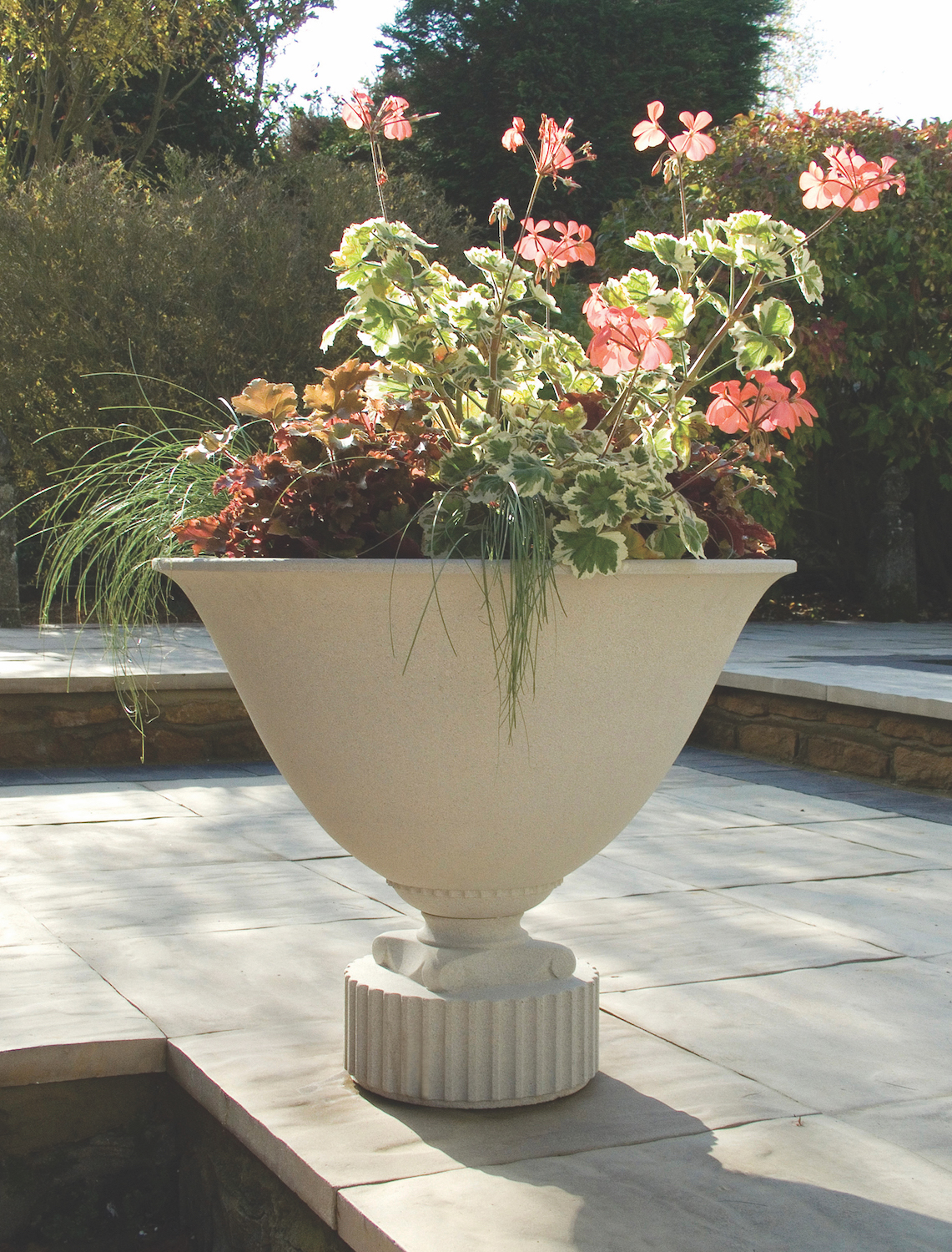
Once tidied and cleaned your backyard is ready for a fresh arrangement of outdoor potted plants. If you haven't already done so, consider the colors, shapes and textures you'd like to see in your containers. Ideally, follow a theme you've already planned for your flower beds, whether tropical oasis, cottage garden, desert landscape or something else.
'In June, there is still time to assemble some bright containers for the porch, deck, or patio,' says Kate Copsey, author, Month-by-Month Gardening New York & New Jersey.
'Groups of different sizes of containers or sets of the same container can decorate a shady corner in the garden, line a set of steps to the house, or add color to a large gravel parking area.
'Pick the container and plants that work together and make sure that the container has a drainage hole in its base. For ceramic containers without drainage holes, use them as a cover or cache pot.
'Position large containers where you want them to be before adding soil mix. The combined weight of plants, soil, and the container can be heavy.
'Play with the arrangement of plants until you get the right look and plant the selected plants into the soil starting with the middle first. Add more potting mix around the plants, settle them into the soil and water them when you have finished.'
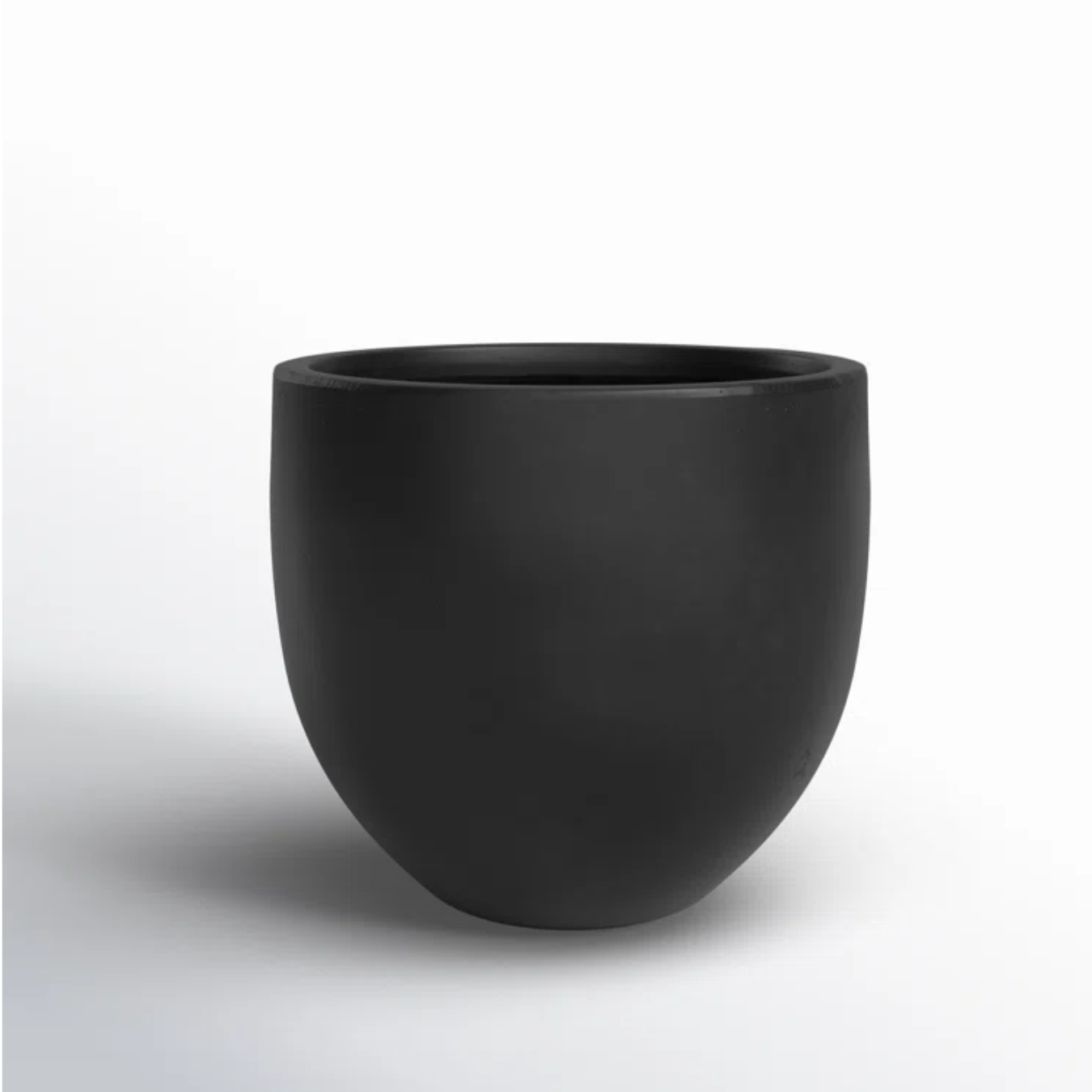
Price: $106.99
Modern and dramatic, this black planter will best suit contemporary yards.
6. Refresh flower beds
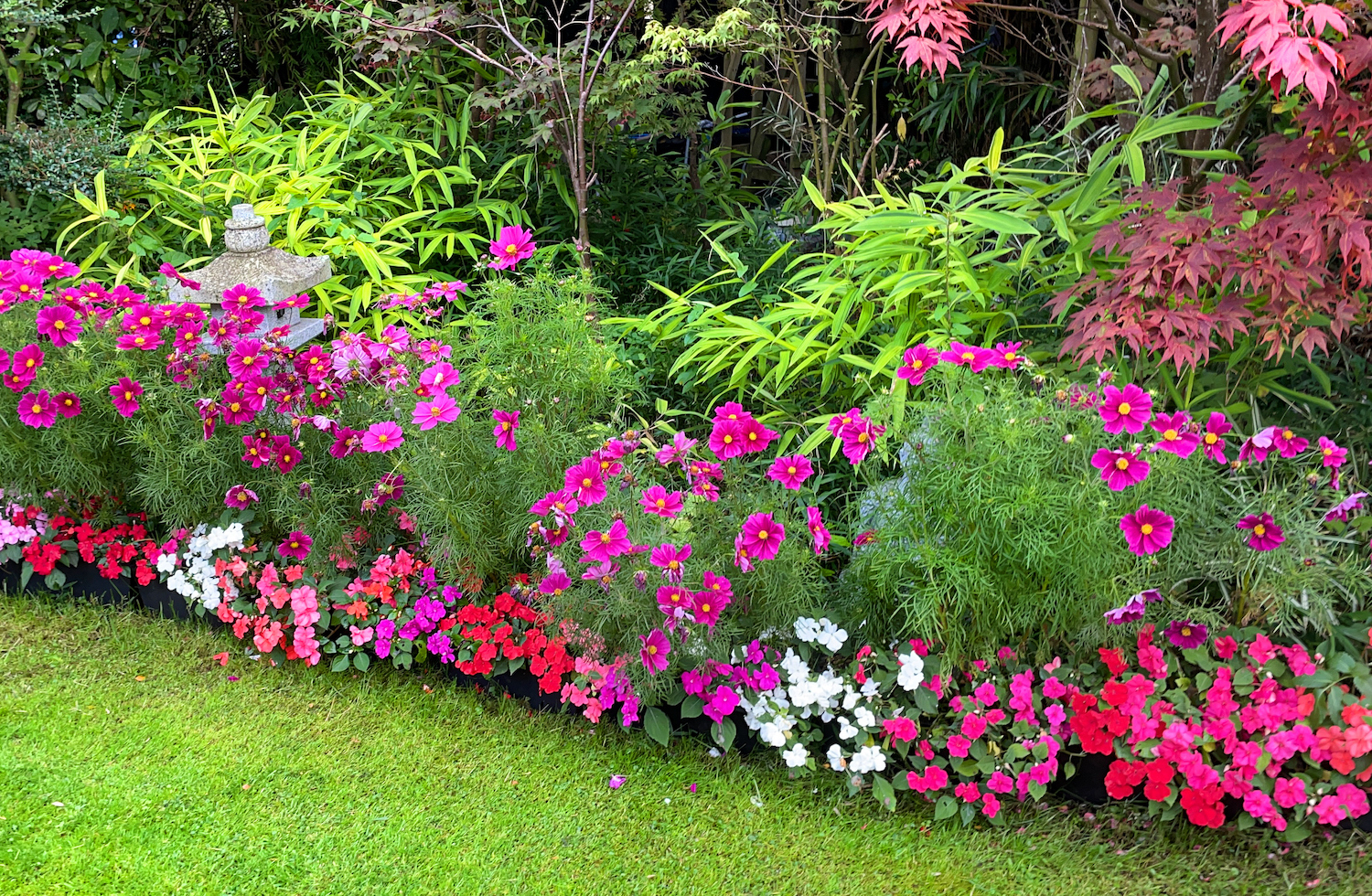
With the last of the frost gone, it's time to get busy with your flower beds. Once you've weeded, and pruned or deadheaded spring-flowering plants and shrubs, assess the space for bare spots or those in need of a refresh.
'In New York and New Jersey, June is the first real opportunity to plant tender annuals,' says Kate Copsey. 'Annuals are great to fill in spaces between perennials, and also add color to areas that previously had spring-blooming flowers, like creeping phloxes.
'Best of all, plants start to go on sale this month, so plan on picking up a few 6-packs for added color in your summer garden.
'Watch store-bought annuals though; they take a day or two longer to settle into the garden than the annuals you carefully hardened off in May.'
7. Mow the lawn
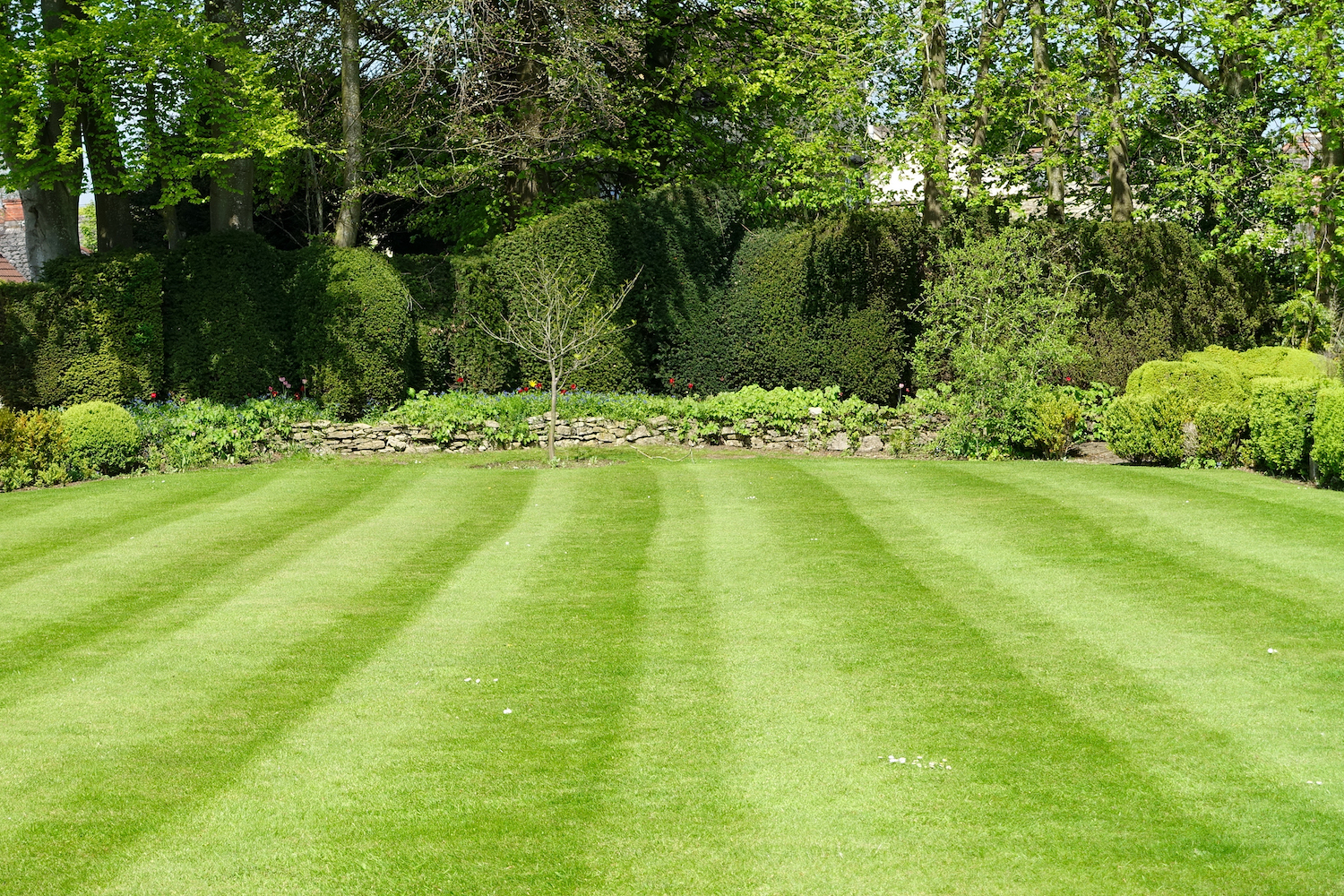
The mix of sunshine and showers in late spring and early summer will likely have caused your grass to shoot up. If you participated in #nomowmay to help pollinators, June is a good time to start your lawn care in earnest.
'Mowing the lawn, trimming the edges, and removing any weeds or overgrowth is a good task to tackle that will make your backyard look better,' says Phil Catron. 'Although, avoid cutting more than one-third of the grass blade length at a time, as this will prevent stress on the grass.'
8. Layout outdoor furniture with a parasol or firepit
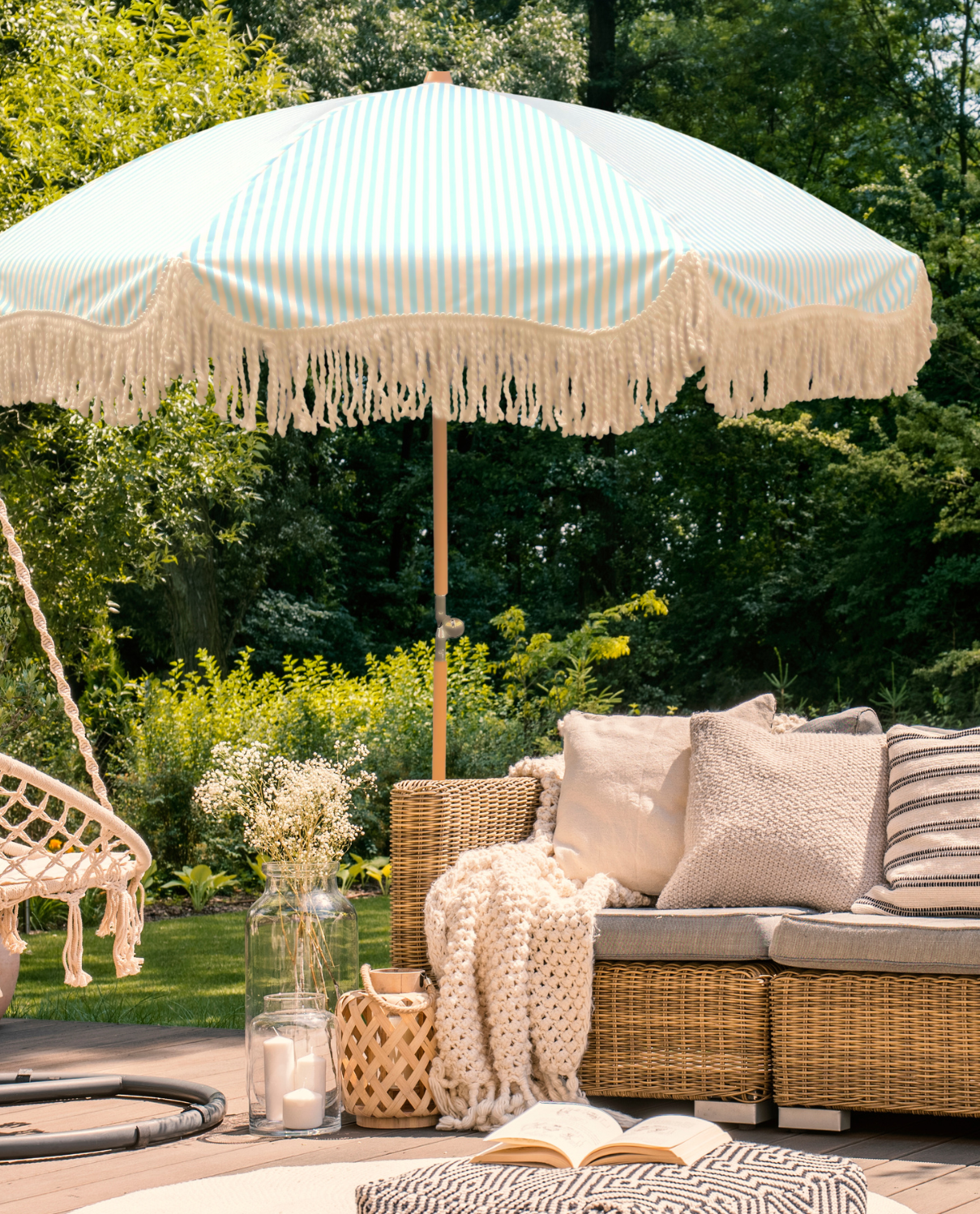
With the patio cleaned and tidied, the lawn mowed and the flower beds flourishing, it's time to bring outdoor furniture out of storage, if you haven't yet done so.
Consider the best deck layout ideas for your lifestyle. Do you like to lounge after work with a sun-downer? Have friends over for pizza parties or lazy lunches? Think about what's most important and lay your furniture and accessories out accordingly.
If like to use your garden at night, and the temperature tends to drop in your region, you may need a firepit. If you don't, it may be unnecessary visual clutter.
The experts at home design service, Havenly suggest considering seating, storage and shade first.
'For lounge seating we love wicker and rattan, and for larger table settings bench seating is good, especially if it doubles as storage,' says a Havenly designer. 'A patio umbrella that arches overhead is more versatile than one that stems up from the dining table. A series of hanging planters are a stylish way to create shade too'
9. Put up lights
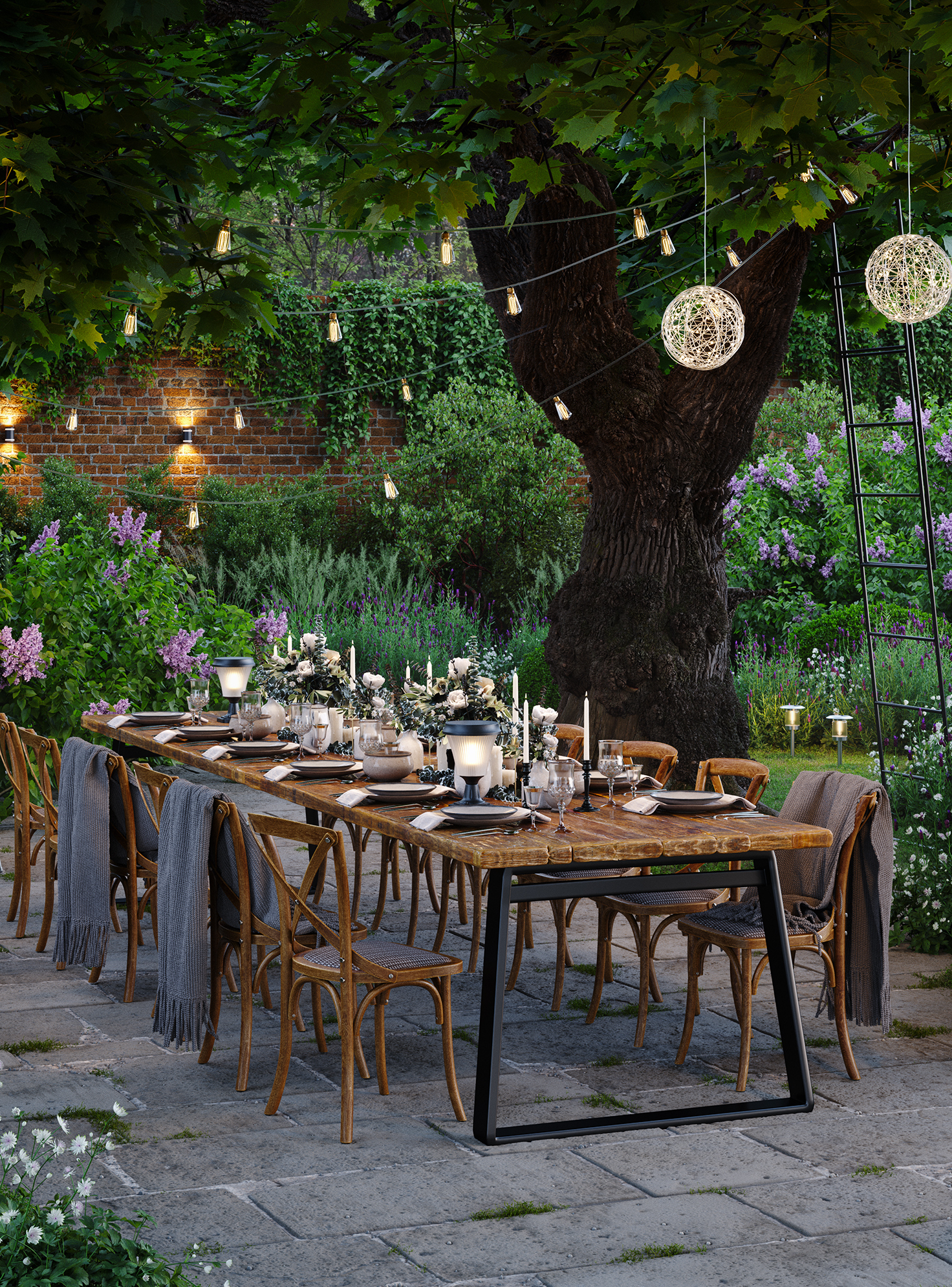
Again, if you like to use your yard in the evening, subtle and modern garden lighting is a practical addition. Think about whether you'd prefer a permanent fixture attached to the mains, which will require professional installation. Or look for pretty string lights, which you can hang yourself in a weekend.
'It's worth installing outdoor lighting fixtures to illuminate pathways, highlight landscape features, and create ambiance in the evenings,' says Phil Catron. 'Consider solar-powered lights for energy efficiency and easy installation.'
10. Hide refuse bins with a screen
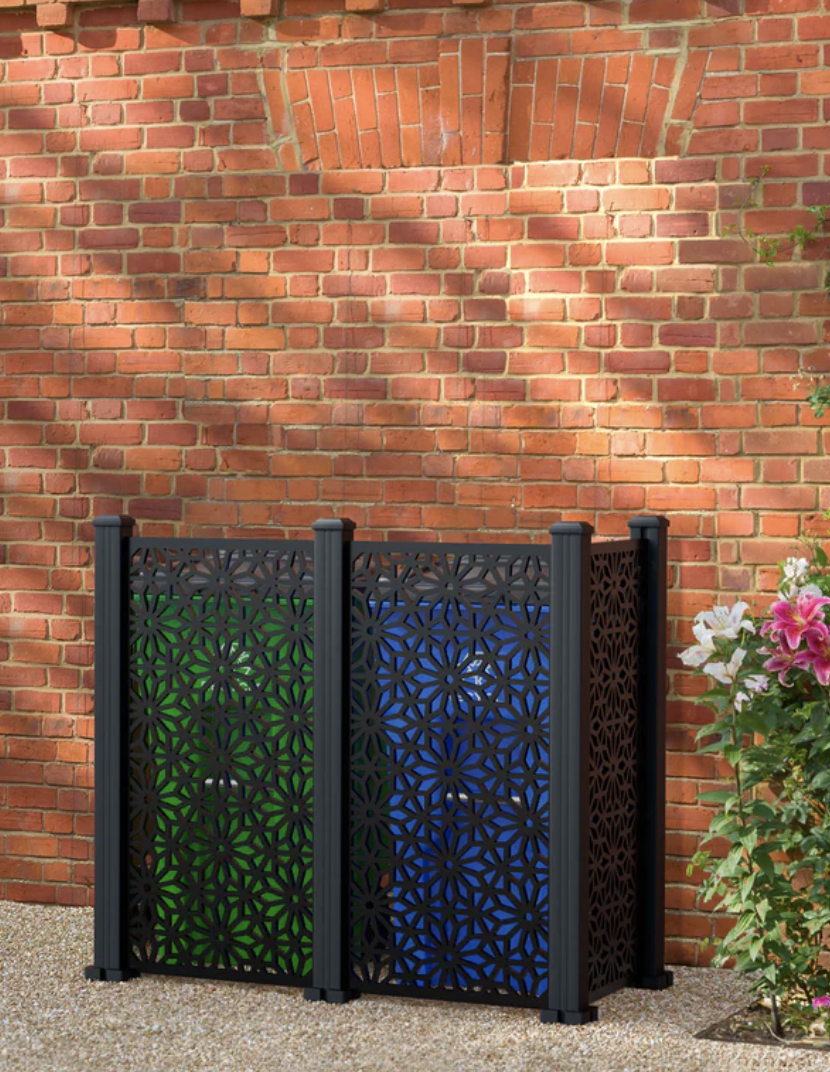
Not everything in the yard is beautiful. Some things are practical and necessary but unsightly. To make your backyard look better it's worth hiding outdoor eyesores, like refuse bins, compost heaps and water butts if you can.
Planting a hedge or row of trees in front of them is one option, but if you want your yard to look better fast, consider installing a timber fence panel or an attractive metal screen.
'Metal screens made from weathered steel, powder-coated aluminum or a composite decorated with dramatic laser-cut patterns can be used as a stand-alone art installation, to provide privacy or to hide unsightly areas,' says Manoj Mande, garden designer and author, Your Outdoor Room.
'These screens can also be incorporated on a pergola providing some shelter and screening from above. Remember to select a pattern that works with the theme of your garden.
'Panels of cedar slatted screens lend themselves to both city and suburban gardens,' continues Manoj. 'They can be used horizontally or vertically as stand-alone screens to hide the shed or compost bins.'
Be The First To Know
The Livingetc newsletters are your inside source for what’s shaping interiors now - and what’s next. Discover trend forecasts, smart style ideas, and curated shopping inspiration that brings design to life. Subscribe today and stay ahead of the curve.
Jacky Parker is a London-based freelance journalist and content creator, specialising in interiors, travel and food. From buying guides and real home case studies to shopping and news pages, she produces a wide range of features for national magazines and SEO content for websites
A long-time contributor to Livingetc, as a member of the team, she regularly reports on the latest trends, speaking to experts and discovering the latest tips. Jacky has also written for other publications such as Homes and Gardens, Ideal Home, Red, Grand Designs, Sunday Times Style and AD, Country Homes and Interiors and ELLE Decoration.
-
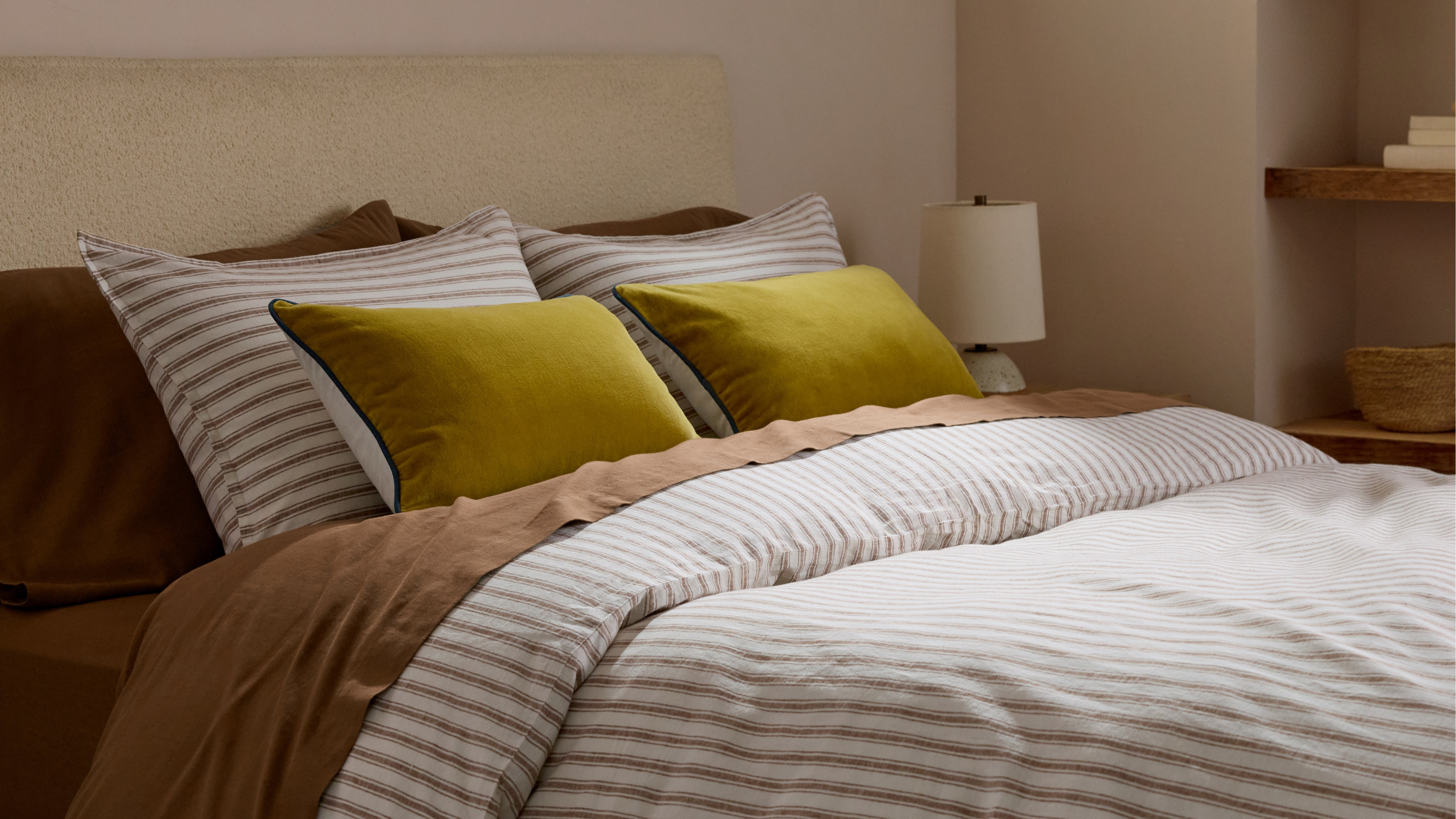 Parachute Just Dropped a Collection at Target and It's A Guaranteed Sell Out
Parachute Just Dropped a Collection at Target and It's A Guaranteed Sell OutHigh quality bedding and bath linens just got a lot more accessible. Parachute's signature effortlessly chic style is now available in over 200+ pieces at Target
By Devin Toolen
-
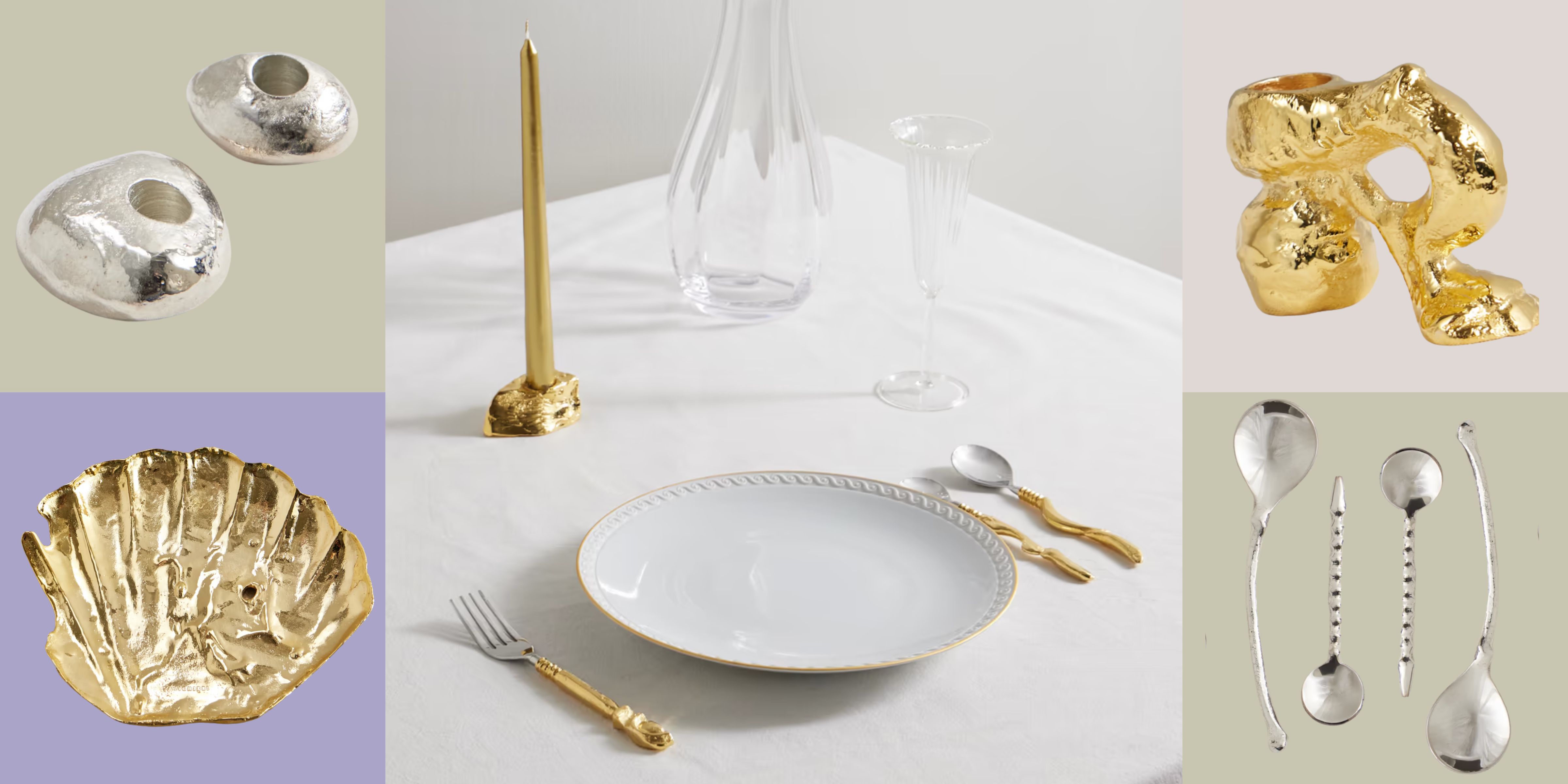 Now Serving: Jewelry for Dinner — Alighieri Brings Its Signature Raw Beauty to the Table
Now Serving: Jewelry for Dinner — Alighieri Brings Its Signature Raw Beauty to the TableAlighieri CASA is what happens when a jewelry house designs your cutlery — and yes, it’s just as fabulous as it sounds
By Julia Demer
